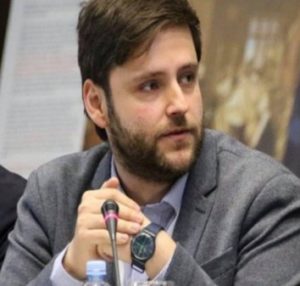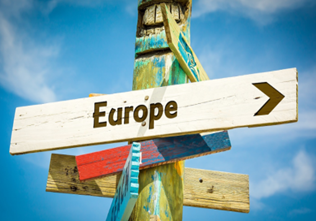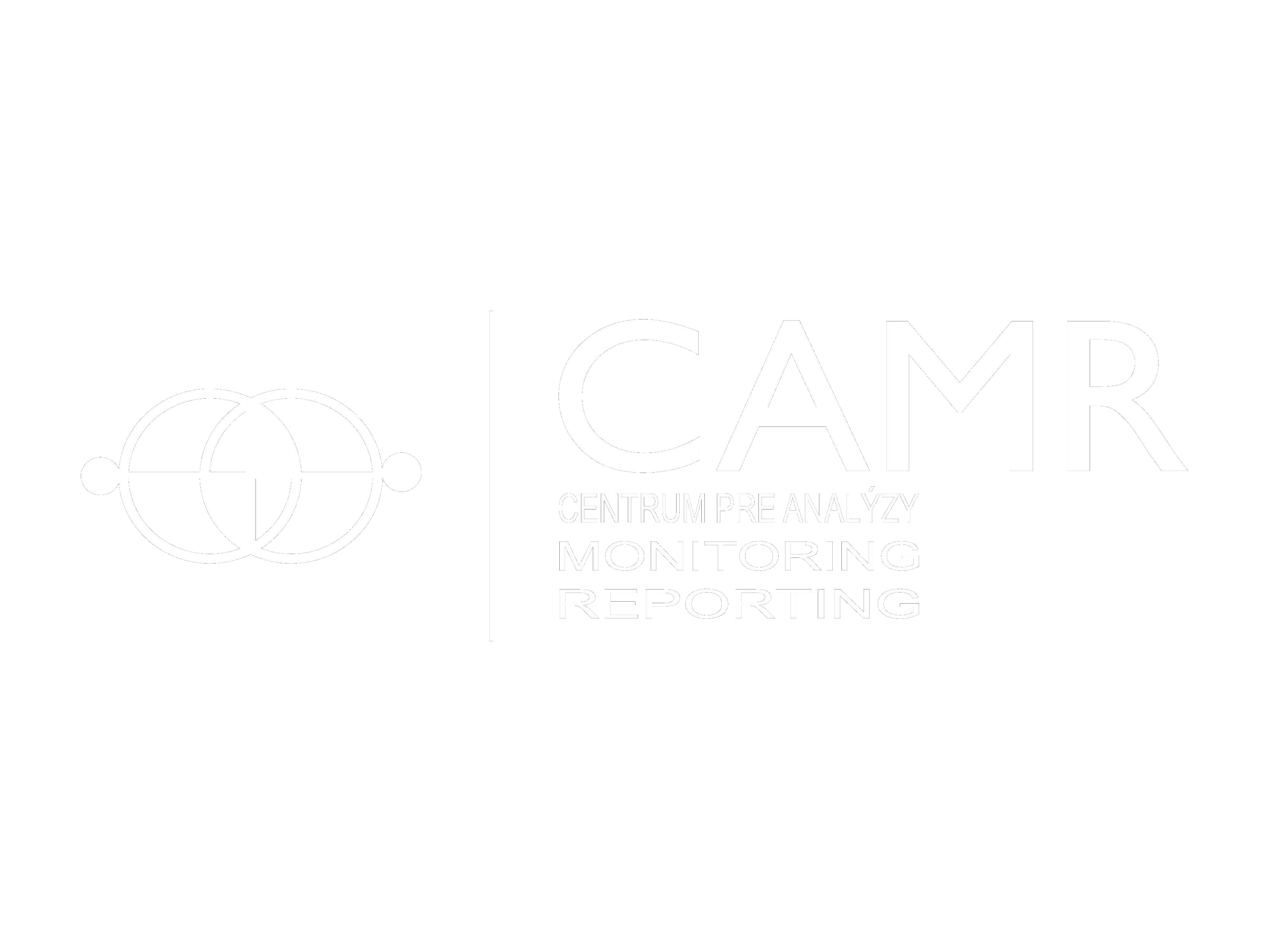Membership in the European Union (EU) remains the political commitment of the Western Balkan states. The European perspective, however, obliges the aspiring states to fulfil a set of norms including the functioning of the legal state, consolidated democracy, functional institutions, and regional cooperation. Therefore, the six countries of the Western Balkans must have access and political will to advance in the European integration agenda.
Difficulties in democratic consolidation, rule of law, regional cooperation, unresolved post-conflict issues and to that connected additional EU accession criteria relating to the good relations with neighbouring countries and cooperation within the region as well as the fading of the European Union’s enlargement policies are slowing down the accession process. The expert for the EU accession process, Adnan Ćerimagić, emphasizes the importance of Copenhagen criteria in determining the countries´ readiness for membership and accession. The political criteria have not yet been met as well as the market economy criteria, therefore some states are not ready to be part of the Union. But at the same time, the European Union is not ready to accept a new member even when a country like Montenegro is ready to become an EU member. Ćerimagić considers that this calls into question the credibility of the European Union in relation to the enlargement process.
Adnan Ćerimagić: “The EU should increase credibility in the region”.

Western Balkans Summit
Summit with open doors for new members
The European Union supports the European integration agenda of the Western Balkans, but at the same time also paved the way for Ukraine and Moldova by officially granting them candidate status for membership. The pro-European aspirations of the Western Balkans are given the green light in the integration process only at a slower pace. Albania and North Macedonia have now, in 2022, unlocked the membership process for the European future by opening negotiations for EU membership. Both countries were waiting for more than two years due to the Bulgarian veto. For Albania, this happens 16 years after the agreement to stabilize the association. For North Macedonia, it comes after approving the French proposal that enabled the removal of Bulgaria’s veto. Both countries now have a negotiating position as candidates for membership in the European Union. Ćerimagić states that Albania and North Macedonia should have a chance because the two countries’ governments are ready to make political reforms and compromises. But opening negotiations for some countries and at the same time keeping countries like Montenegro waiting is unfair. There must be clear policies that follow the opening of negotiations.
Kosovo and Bosnia and Herzegovina remain in the potential candidate status. Bosnia and Herzegovina did not receive candidate status because the EU member states consider the carried-out reforms insufficient. According to Ćerimagić, the candidate status for Bosnia would be a clear signal for the country that the European Union believes in the functionalization of Bosnia as a state and the credibility of the EU would increase in the country, where it has now already faded. After Ukraine and Moldova got the candidate status granted, a new debate opened on whether the EU believed in the European future for Bosnia. In the case of Kosovo, Ćerimagić considers not liberalising visas for the country one of the worst decisions of the Union. The 27 member countries decided to welcome 43 million Ukrainians into the Union, while they did not reach a consensus on the freedom of movement of fewer than 2 million Kosovars. At the same time Serbia, which is in the process of negotiating for membership in the Union, refuses to impose sanctions on Russia. Ćerimagić emphasizes that for the European Union to have influence, Serbia needs to have a process in place in which the interests of Serbia would be built in alignment with those of the EU. Even the Serbian party supporting the decision of the institutions against the sanctions on Russia argue that the neighbouring countries who condemned the Russian aggression did not benefit anything from the European Union. If these countries benefited then this would change the debate in favour of imposing sanctions.
The European Union supports stability and security and remains the largest donor in the region. The EU as a geostrategic player should also commit to minimizing the potential influence of Russia and recently the presence of China in this region. A concrete policy that will revive the enlargement process should be the key message for the European future of the Western Balkans and for the citizens of this region who have great expectations to be part of the European family. Ćerimagić states that the Western Balkans, including Ukraine, Moldova and Georgia should be members of the Union but must be reformed and fulfil the obligations of the integration process. At the same time, his expectations of the Czech Presidency in the Council of the European Union are to give a clear message to the region for the enlargement process, like a concrete date of accession for Montenegro and set up the next steps for the six countries that do not have a clear European perspective.
 Adnan Ćerimagić is a Senior Analyst at a Berlin-based think tank European Stability Initiative (ESI). He studied law at the University of Graz and EU international relations and diplomacy at the College of Europe in Bruges. Before joining ESI, Adnan worked for the Ministry of Foreign Affairs of Bosnia and Herzegovina in Sarajevo and Brussels and did a traineeship in the Secretariat of the European Parliament’s Foreign Affairs Committee.
Adnan Ćerimagić is a Senior Analyst at a Berlin-based think tank European Stability Initiative (ESI). He studied law at the University of Graz and EU international relations and diplomacy at the College of Europe in Bruges. Before joining ESI, Adnan worked for the Ministry of Foreign Affairs of Bosnia and Herzegovina in Sarajevo and Brussels and did a traineeship in the Secretariat of the European Parliament’s Foreign Affairs Committee.
Sources
Cerimagic, Adi (2022). Interview with Fitore Fejza for CAMR (4.7.2022)
Photo Sources
https://epthinktank.eu/2022/06/22/eu-western-balkans-leaders-meeting-of-23-june-2022/
https://www.consilium.europa.eu/en/meetings/international-summit/2022/06/23/



















